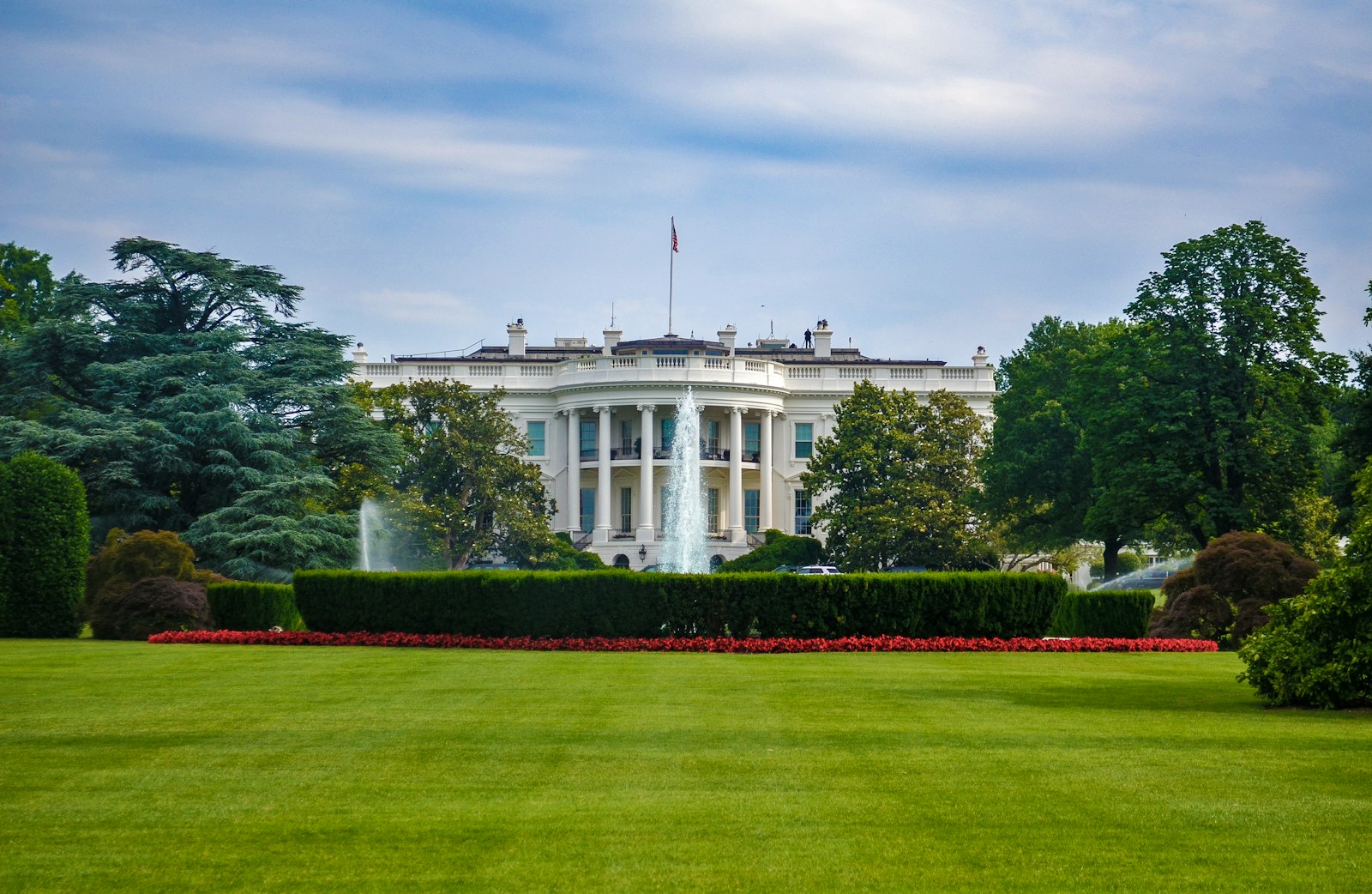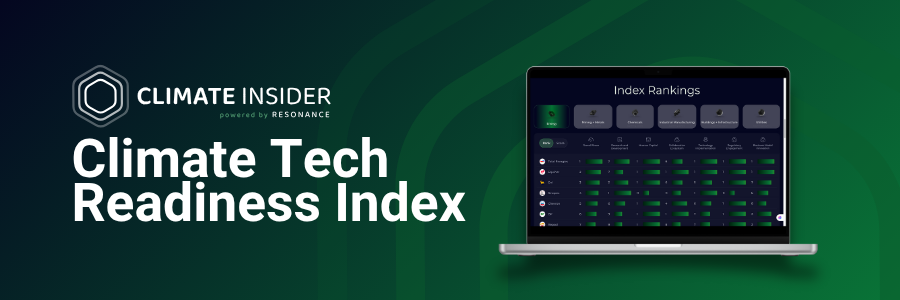Tariffs imposed by U.S. President Donald Trump on April 2 will no doubt have impacts on both the climate tech and cleantech industries, among nearly every other industry given the blanket nature of these economic penalties.
Global Market Reaction to Trump’s Climate Tariffs
Global and American markets reacted badly to the tariff news, with markets in Japan’s Nikkei falling to an 18-month low, while combined losses in world markets led traders to speak of the worst performing days since Covid emerged in March 2020.
But there is some debate on how much of an impact it will have on climate-related industries.
“The United States’ share in the global cleantech trade is simply too marginal to dictate its terms in this sector,” 350.org’s Associate Director for Policy and Campaigns Andreas Sieber wrote in Climate Home News.

The tariffs would have had had a much more sizable impact on the global cleantech sector if they had been imposed 10 years ago, Sieber wrote.
Global Cleantech Shifts Limit Trump Climate Tariff Effects
A decade ago, the U.S. and other developed economies were the main drivers of cleantech installations, building 70% of solar PV installations and 50% of wind installations from 2010 to 2015.
Today, the majority of solar and wind installations happen in developing countries, with the IEA estimating that these countries will be responsible for 70% solar PV installations, 60% of wind installations, and 60% of battery storage capacity by 2030.
U.S. Climate Tech Companies Face Trump Climate Headwinds
Still, U.S.-based companies operating in the cleantech and climate tech sectors are facing new, sizable headwinds.
“It would be hard for me to think of cleantech or climate tech sectors that aren’t facing huge risks,” Noah Kaufman, a senior research scholar at Columbia University’s Center on Global Energy Policy, told MIT Technology Review.
Companies operating in this space are still reliant on components developed abroad. U.S. solar operations source some 80% of their solar panels from China, which is now facing 54% tariffs, for instance.
This would drive up prices for building wind turbines, Woods Mackenzie analyst Endri Loco told The New York Times.
A tariff of 25% would raise the costs of construction for a wind turbine by 10%, he said. Tariffs are higher than 25% for many countries.
Previous tariffs of 25%, which went into effect on March 12, were placed on aluminum and steel. This drives construction costs up for large-scale installations for wind farms, geothermal facilities, and other major installations.
Trump Climate Tariffs Threaten U.S. Battery Sector
The tariffs may also throw a monkey wrench into the growing battery sector. Of all batteries it imports, the U.S. currently imports over 80% of total lithium-ion batteries from China; these batteries now come with a 64% tariff.
Other countries from which the U.S. imports batteries are South Korea (which have tariffs against them of 54%), Poland (20%, as it’s part of the EU), Hungary (also 20%), and Japan (24%).
Climate tech facing pain from Trump policies
Tariffs aren’t the only factor causing pain for the climate tech and cleantech sectors, and decarbonization overall in the United States.
Trump’s own policies are also to blame for stress on these sectors.
Supply chain disruption caused by these tariffs are one concern. But in the case of wind energy, Trump’s climate policy actions is adding additional grief.
His January 20 executive order banned “all areas of the outer continental shelf” from offshore wind leasing, while also pausing new and renewed approvals for offshore or onshore wind projects on federal land.
Canceled Projects Reflect Trump Climate Agenda
The decision to shutter four of seven hydrogen hubs (all located in Democratic-leaning) states is very much a political and not a financial decision.
Other green technology projects also under consideration for cancellation, according to the list distributed in the U.S. Department of Energy and seen by Politico, includes electric vehicle charging infrastructure, solar panels, wind turbines, and other projects.
Among other actions, the Trump administration has forced the cancellation of US$20 million in climate grants by the Environmental Protection Agency, the freezing of US$8.8 billion in home energy rebates, and the gutting of the National Oceanic and Atmospheric Administration (NOAA) to undercut environmental progress on decreasing carbon emissions.
Trump Climate Tariffs Make U.S. Companies Less Competitive
The combination of these policies, and the punitive tariff measures against most other countries, will make it harder for cleantech and clean energy projects to move forward.
The tariffs are making American companies less competitive, Obvious Ventures Managing Director Andrew Beebe told Climate Insider.
“We’ve been at the forefront of global innovation, and cutting us off from global supply chains built up over decades puts us on our back foot from a competitiveness standpoint,” he said.
In the short term, the economy is at a standstill while companies and people try to figure out what the end-game looks like, after negotiations and horse-trading, Beebe said.
“If we see this as a long-term option, this restructuring of the global economic order, then people might start changing their supply chains,” he said. “But maybe not.”








